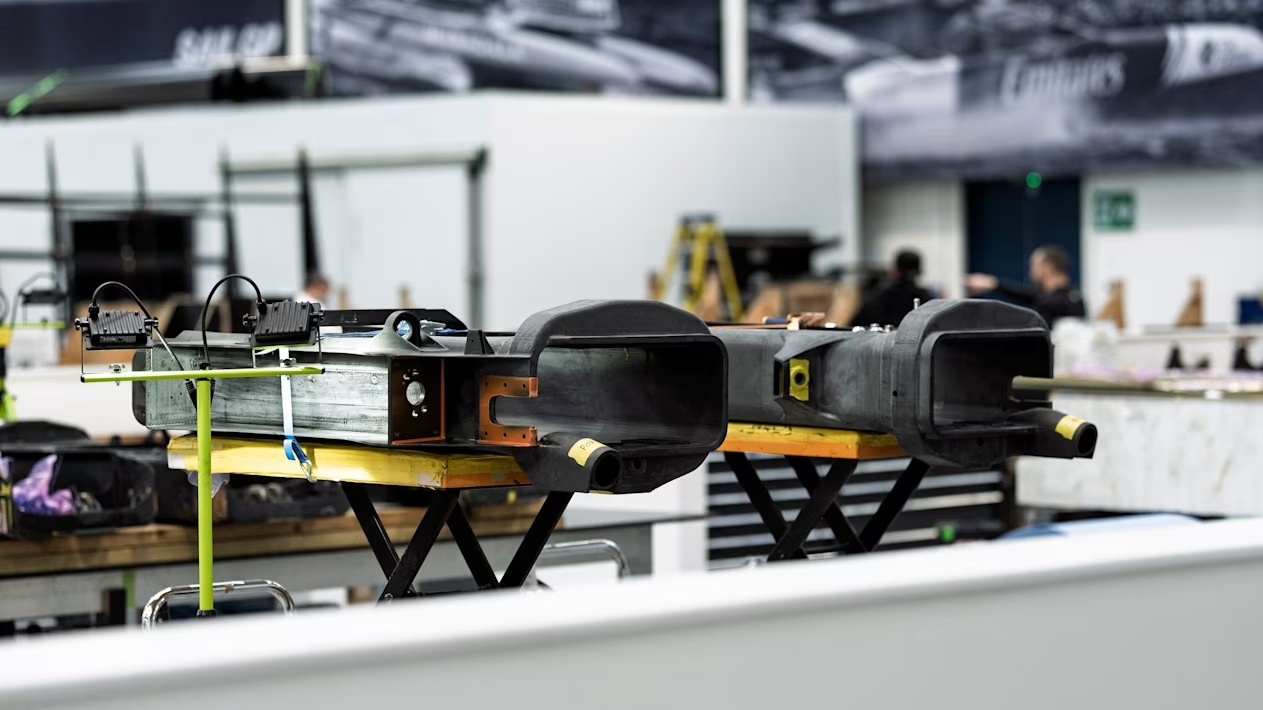It is reasonable to assume that the small crew of a private pleasure vessel travelling through remote areas of Australia or an overseas country may at some time encounter a stranger wanting to board their boat with nefarious intentions. Most private boats do not carry guns and official agencies recommend this is the best policy – often a person’s weapon can be turned against them, or will escalate a simple attempt at theft. It is also illegal to carry firearms in most countries. The best defense is preparation. Below are some suggestions that may minimise the risk of theft from your boat.
1. Check and heed all travel warnings given on the Australian Government travel site www.smartraveller.gov.au and the international www.noonsite.com. Don’t visit areas where there is known trouble.
2. Travel in company or anchor near other boats in questionable areas. This should provide a deterrent to thieves but in a worst case scenario it should ensure some nearby help.
3. Keep some old rope or warps at the stern of the boat, and if you are followed/approached by a suspicious boat while under way, trail these behind in an attempt to foul the intruders’ propeller. Call for local assistance via VHF. If approached by a suspicious boat at night and you have a flare gun, fire into the air above the vessel. Take a description of the boat when the flare illuminates it.
4. Photograph anyone you don’t recognise approaching your boat.
5. Label and photograph all equipment that could be easily removed from your boat. If it is stolen, this will help police to try to recover it or the insurance company to replace it.
6. Be pleasant and friendly to the locals. Someone may be less likely to rob you if they have spoken with you, traded goods, been given sweets for their children by you.
7. Lock all hatches, doors and windows at night or when you leave the boat. Permanently fit security screens or reinforced wire screens to windows and hatches that you want to leave open.
8. Install a motion sensor device or CCTV to cover the main access hatch/door. Post signs to warn people that these are installed on the vessel. Display a sign even if you don’t have this equipment fitted.
9. Keep all small pieces of equipment and navigational devices not in current use out of sight and preferably in a locked cupboard or drawer. Include handheld radios & GPS, computers not permanently installed, binoculars and prescription sunglasses.
10. If you invite locals on board, don’t let them roam through the boat, and don’t show them various items that could be easily taken.
11. Keep bottles of alcohol out of sight. This could precipitate a return visit later on.
12. Do not keep any small valuables – wallet, phone, computer, handbag, etc – in the main saloon. Store them down below and out of sight.
13. Consider leaving a “false wallet” in the saloon, containing some old/expired credit cards and a small amount of currency.
14. Hide any jewelry, currency, original paperwork, passports, etc in a well-concealed place. Make duplicates of all essential paperwork and keep separately.
15. Don’t leave your dinghy hanging behind the boat at night unless you are sure it is safe to do so. Otherwise, bring it on deck each night.
16. Padlock outboard engine and spare anchors to the deck or pulpit.
17. Padlock any external storage bins or lockers.
18. Fit a strong latch on the cabin door or companionway hatch, lockable from both the inside and outside.
19. Dangle some loud bells on the inside door handle or sliding hatch – these should give some warning of the door/hatch opening.
20. Keep a phone and personal security device or siren in your sleeping area.
If you suspect someone has boarded your boat while you are below, make a lot of noise immediately. Set off the personal alarm if you have one. If alone, talk loudly to “someone”. Either make or pretend to make a phone call to the police. Give the possible thief time to get away to avoid confrontation.
In case you are forced into a confrontation, keep some sort of spray in your forward sleeping cabin. Wasp spray is excellent – it is available from large hardware, grocery and gardening stores. It produces a strong narrow chemical spray that will travel for 3-4 metres. This should be a strong irritant to an uninvited visitor. Mace is illegal in Australia but available in some overseas countries. This could also be a useful spray in close quarters.
If all the above fails and you are confronted by an intruder on your boat, try to negotiate a compromise. Offer something that they probably want, in return for their leaving immediately. Most thieves will want money or items that have good resale value – watches, cameras, computers. They may reject items that are permanently marked with some obvious sort of identification. We knew of one yacht that actually asked their intruders to leave them their navigation computer, as they couldn’t sail without it. The thieves took a lot of their gear but did leave them the navigation computer.
If the intruder is armed with a significant weapon, they obviously have the upper hand and you should not attempt a foolhardy defense of your boat. “Robbed and alive” is always better than “wounded or dead”.
If you are robbed, do report it to the local authorities immediately. We know of one boat travelling in a remote area of Indonesia who had most of their stolen items recovered by local police and returned. Other friends who were robbed in the Philippines did not get their property back but the police did catch the thieves, who were jailed for a significant term. Most local authorities will respond positively to a report of theft and try to solve the crime. Even if you do not get your property back, your report may assist the authorities to identify and apprehend the thieves and therefore prevent the same happening to another boat.
SueWoods
Want to read more stories like this?
























